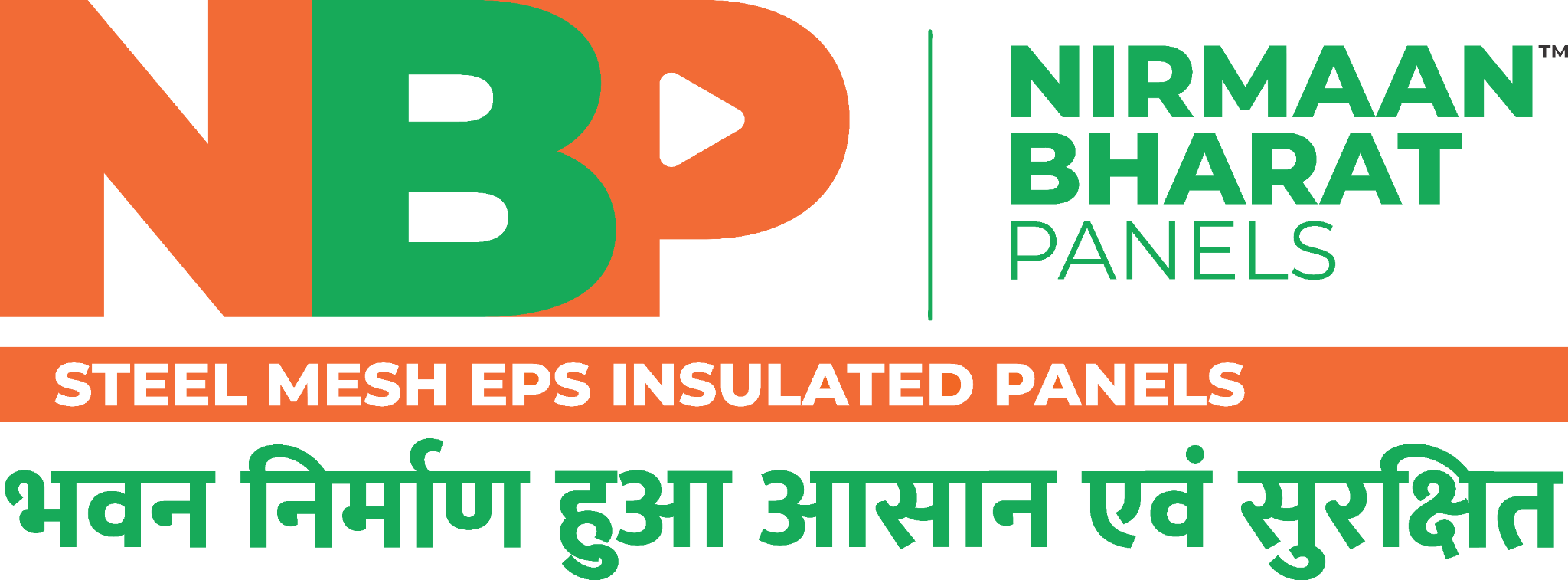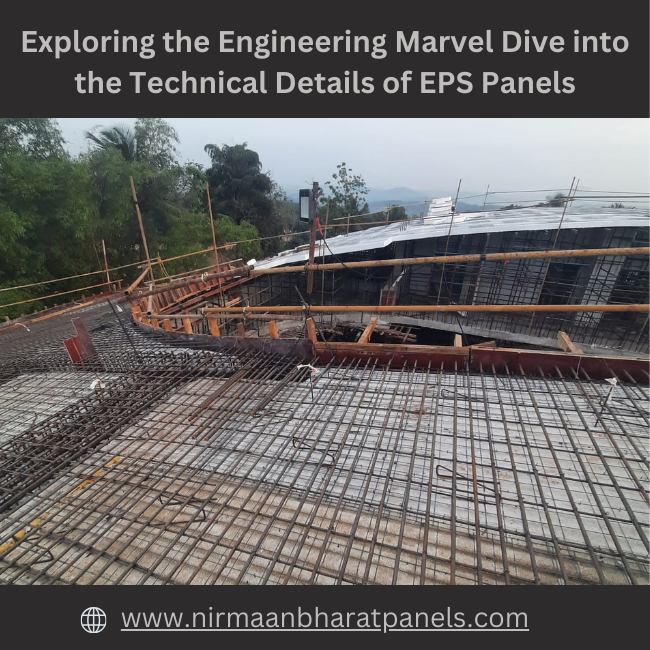In the ever-evolving landscape of construction, innovations continually redefine the way we build structures. Among these advancements, Expanded Polystyrene (EPS) panels have surged to prominence, offering a remarkable blend of versatility, efficiency, and sustainability. Embark on a journey with us as we unravel the technical intricacies of EPS panels and understand why they stand out as an engineering marvel in modern construction.
Table of Contents
ToggleThe Composition of EPS Panels:
EPS panels are ingeniously crafted from expanded polystyrene beads, meticulously molded into large blocks. The expansion process, often involving steam, gives rise to a material that is both lightweight and remarkably robust. This unique composition lays the foundation for the myriad benefits that EPS panels bring to construction projects.
Thermal Insulation: A Key Strength:
One of the standout features of EPS panels lies in their exceptional thermal insulation properties. The closed-cell structure of EPS effectively traps air, forming a barrier against heat transfer. This translates into reduced energy consumption for heating and cooling, thereby not only enhancing comfort but also championing environmental sustainability. Furthermore, the lightweight nature of EPS panels facilitates easy handling and installation, saving time and resources during construction.
Structural Integrity:
Despite their lightweight composition, EPS panels boast impressive compressive strength, making them an ideal choice for a variety of applications including walls, roofs, and floors. Their remarkable strength-to-weight ratio ensures structural stability without adding unnecessary bulk to the building. Moreover, EPS panels exhibit excellent resistance to moisture, ensuring long-term durability even in challenging environmental conditions.
Fire Resistance:
Ensuring fire safety is paramount in any construction project, particularly in high-rise buildings and industrial facilities. EPS panels offer inherent flame retardancy, providing an added layer of protection against fire hazards. This critical feature not only enhances the safety of occupants but also contributes to compliance with stringent building codes and regulations.
Sustainability: A Holistic Approach:
In an era where sustainability is paramount, EPS panels offer a holistic solution that aligns with green building standards. The energy-efficient manufacturing process results in a lower carbon footprint compared to traditional construction materials. Furthermore, the recyclability of EPS panels offers a closed-loop solution, minimizing waste and reducing environmental impact. By choosing EPS panels, architects and builders can actively contribute to creating a more sustainable built environment.
Versatility in Design:
One of the most compelling aspects of EPS panels is their versatility in design. Customizable to meet specific requirements, they allow architects to unleash their creativity and push the boundaries of architectural innovation. Whether it’s shaping intricate facades or integrating with various finishes and cladding systems, EPS panels offer endless possibilities for creating visually stunning and functional spaces.
Conclusion:
In conclusion, EPS panels stand as an engineering marvel, embodying a host of technical advantages that make them indispensable in modern construction. From superior thermal insulation to structural integrity and environmental sustainability, EPS panels represent a paradigm shift towards more efficient and eco-friendly building practices. As the construction industry continues to embrace sustainable solutions, EPS panels emerge as a beacon of progress, paving the way for a greener and more resilient built environment. By incorporating EPS panels into their projects, architects and builders not only enhance the performance and longevity of their structures but also contribute to a more sustainable future for generations to come.
Frequently Asked Question (FAQ)
What is the technical specification of EPS Panel?
Expanded Polystyrene (EPS) panels are lightweight, rigid insulation boards made from expanded polystyrene beads. Typically used in construction, EPS panels offer excellent thermal insulation properties, moisture resistance, and structural support. These panels come in various thicknesses and densities, providing versatility in application for both residential and commercial projects, from wall insulation to roofing systems. EPS panels contribute to energy efficiency and sustainability in buildings due to their recyclability and low environmental impact during production.



